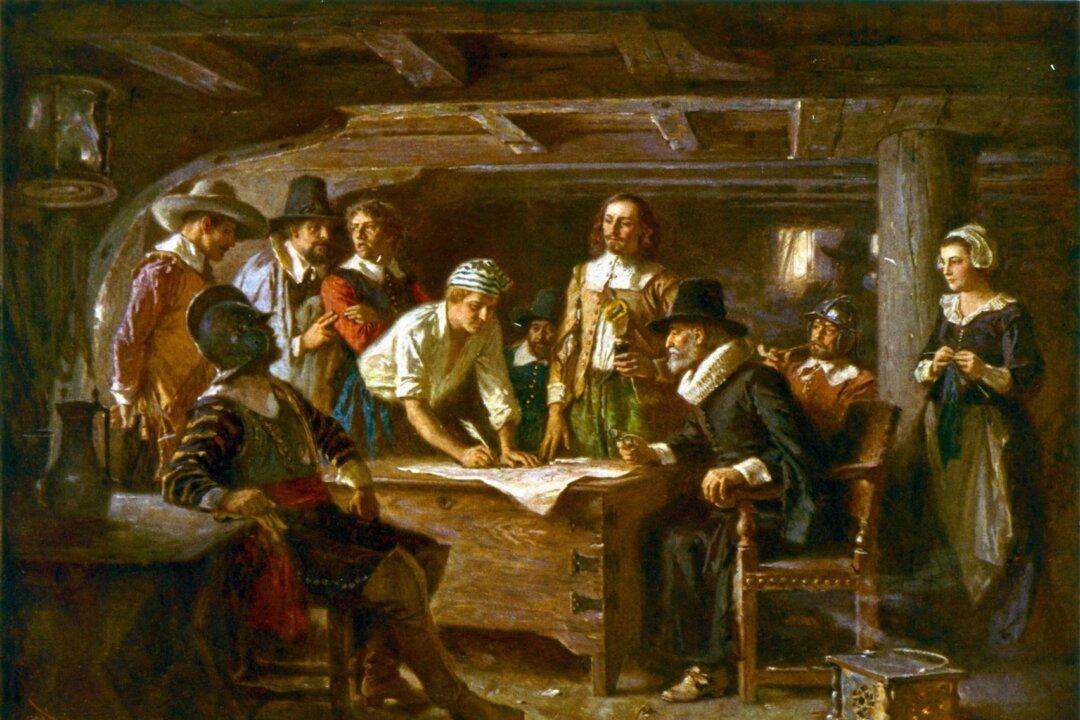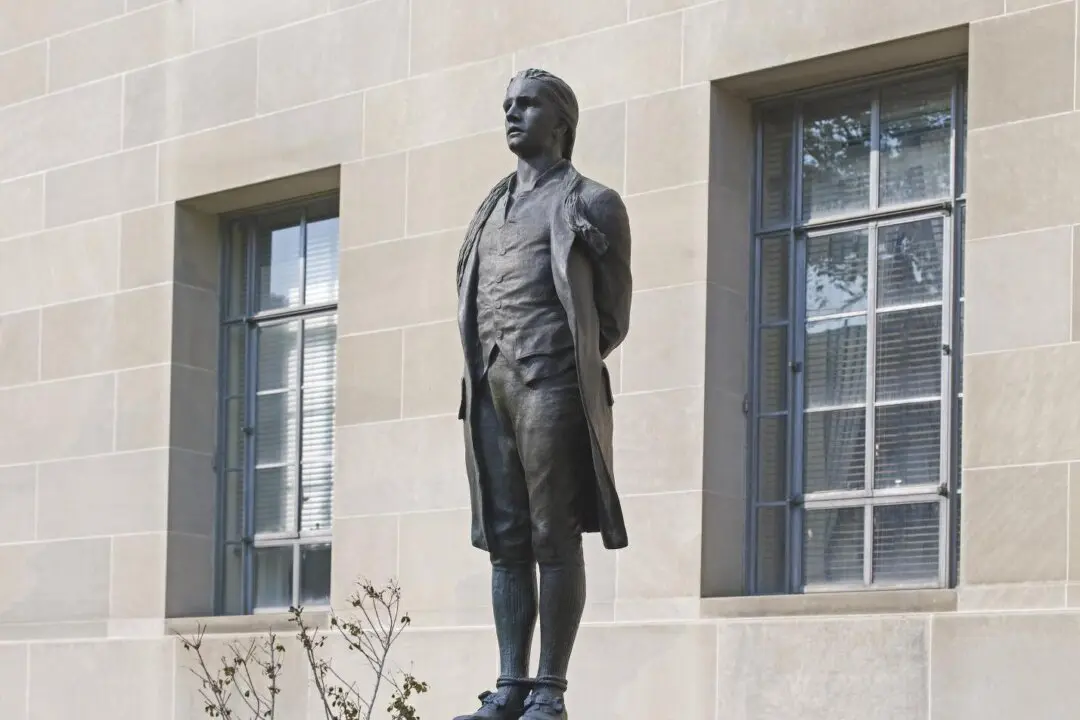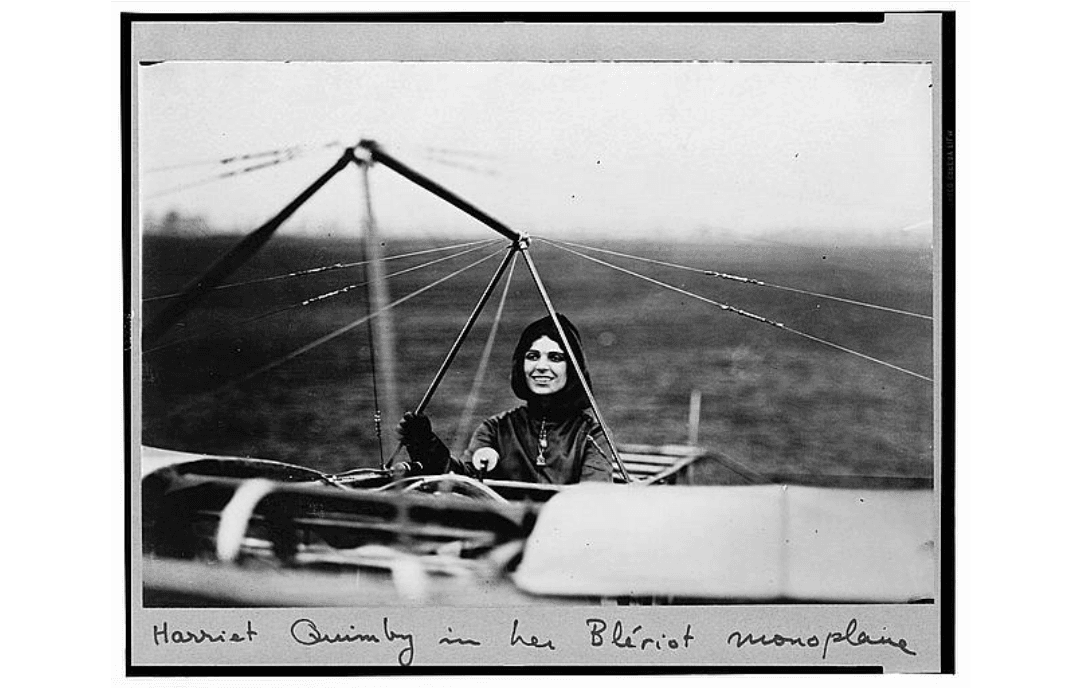For the 102 English people aboard the Mayflower, last week four centuries ago was a week they would never forget.
The Mayflower Compact: As an Idea, America Began in 1620, Not 1776
The Mayflower Compact is a quintessentially American story, and the philosophical wellspring from which the United States sprung

"The Mayflower Compact" by Jean Leon Gerome Ferris, 1620. Public domain
|Updated:





